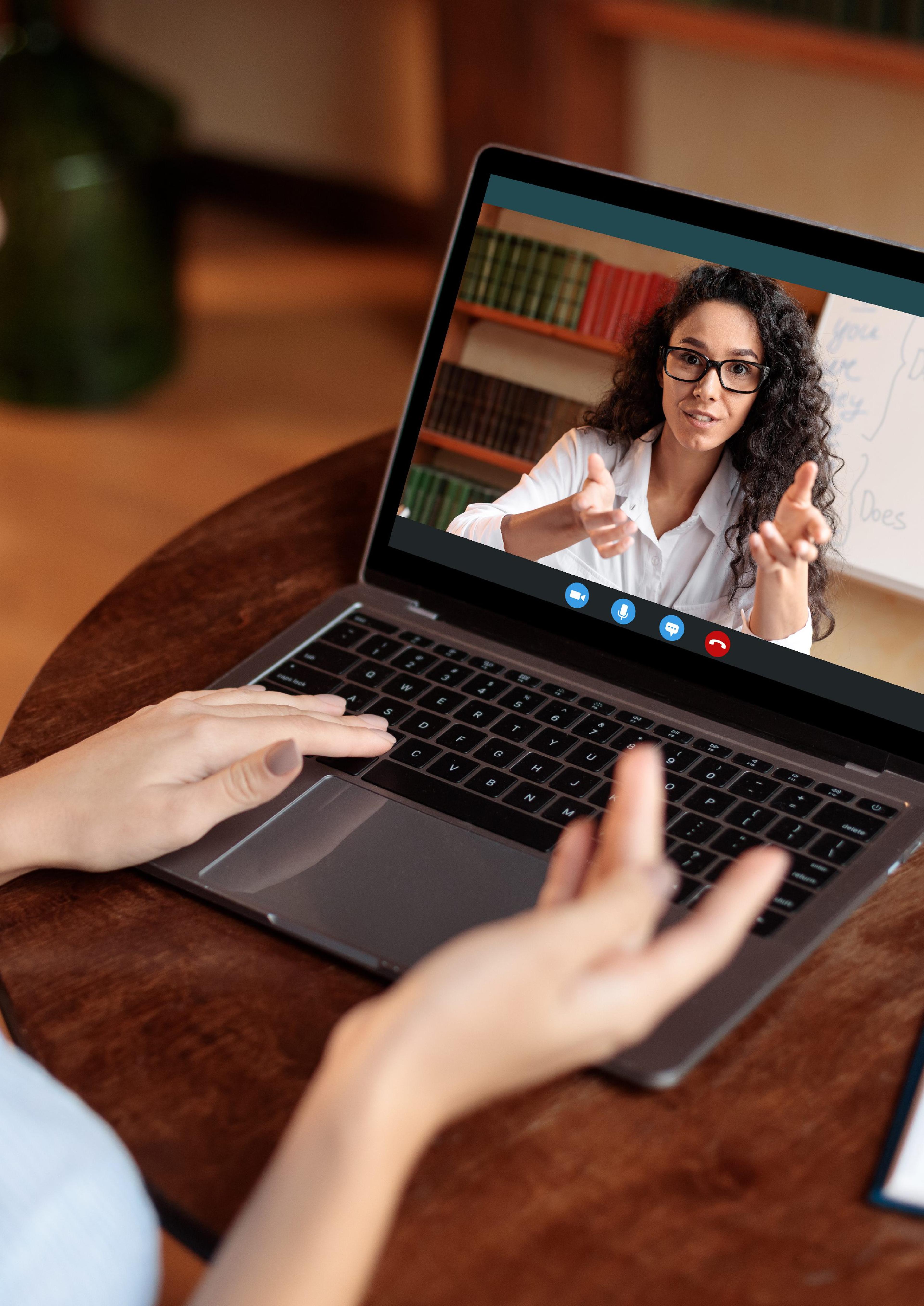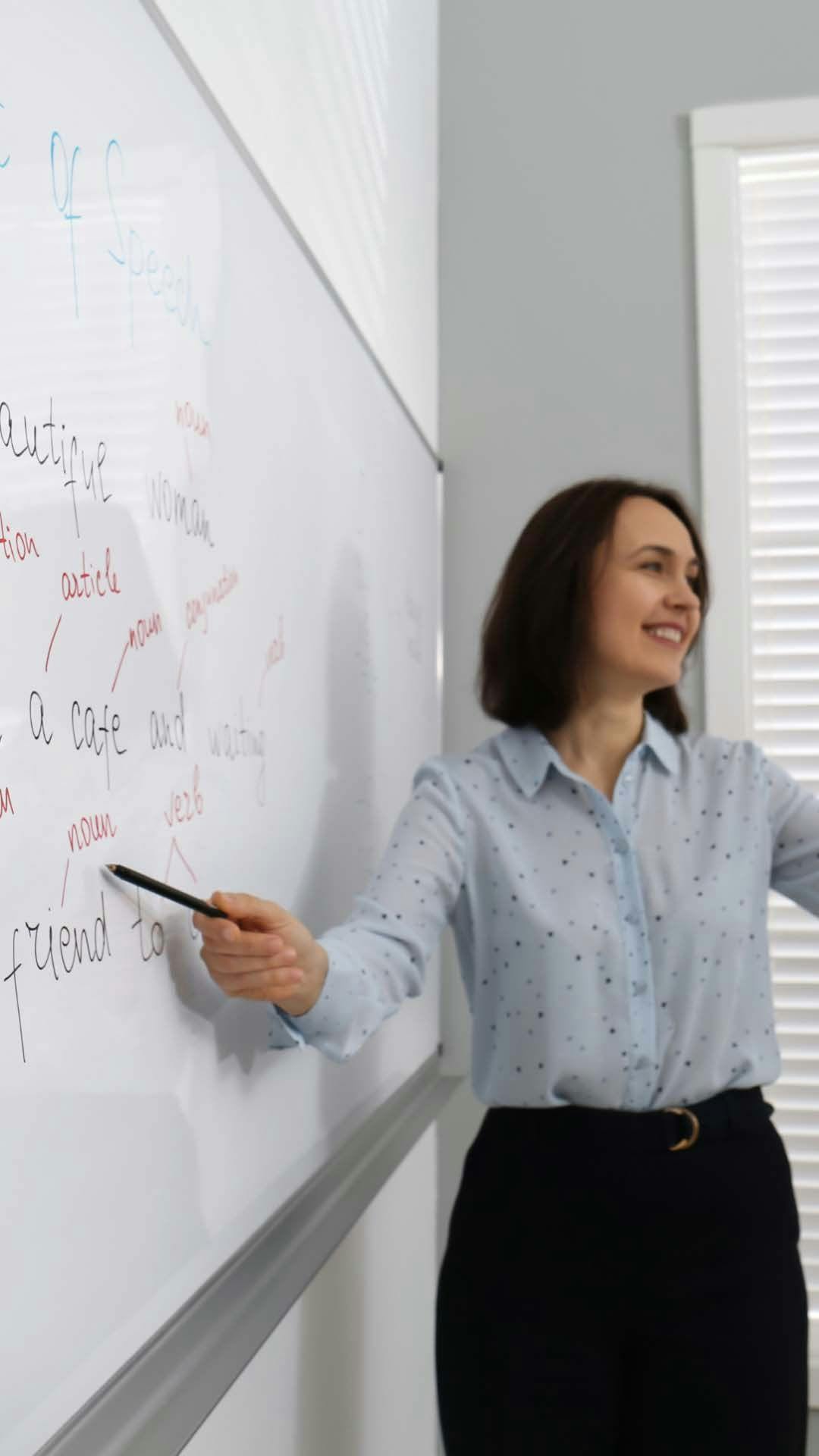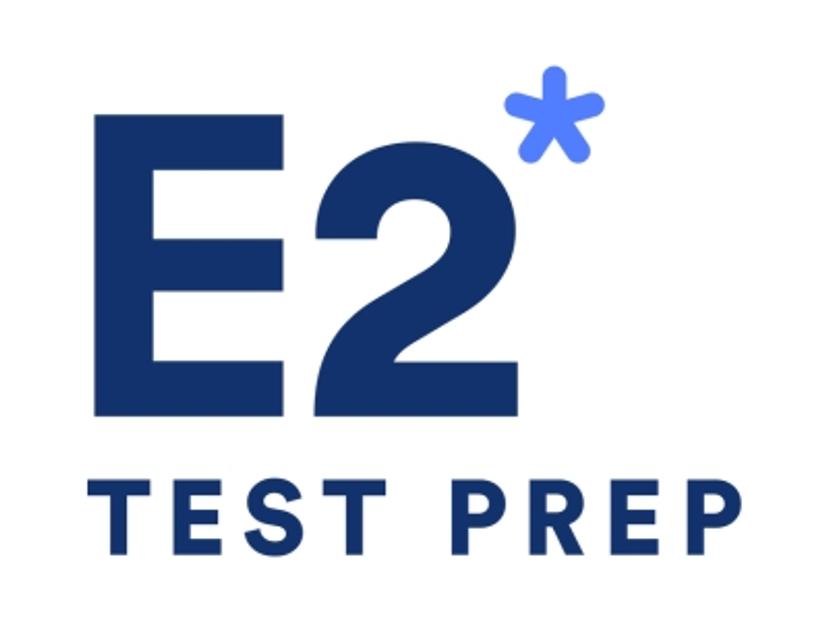Abstract
English is an aspirational language. It is a language that billions of people around the globe are learning —not simply for self-improvement, but also as an economic necessity. In India, English may never be the language spoken in most homes, or be the primary language of politics, but it is the language of global business, sports and entertainment, and a critical tool for tapping into new opportunities at home and abroad. Hence, it’s no surprise that product offerings from leading EdTech company E2 Language (E2), founded in Australia in 2015, have resonated with the large number of Indian students wanting to study or migrate overseas.
E2 offers English education online, providing its students with the training they need to realise their potential and achieve their dreams. This case study shares the growth story of E2, its success so far and the scale of the EdTech opportunity in India.
“We have helped over 2 million students from over 140 countries prepare for English language tests.”

Introduction
English is the world’s most widely spoken language, but the vast majority of these speakers are not native speakers. Of the 1.5 billion people who speak English, only 400 million speak English as their first language.
For India, which has 22 official languages and more than 780 spoken languages, English is a language of aspiration and a gateway to a better and more prosperous future. Research shows that there is a direct correlation between the English skills of a population and the economic performance of the country. Indicators like gross national income (GNI) and gross domestic product (GDP) go up with a rise in English proficiency. And on an individual level, recruiters and HR managers around the world report that job seekers with exceptional English earn 30 to 50 percent higher salaries. Better English correlates with higher income, higher levels of innovation and a better quality of life. The English language learning market is anticipated to grow at a rate of 6.2 percent and will reach an estimated worth of $55 billion by 2027.
To be able to move to majority English-speaking countries, an English language proficiency test is necessary for residential, student and work visas.
E2 offers online English language test preparation and general English classes to its global students, preparing them for exam success by providing them with live classes, one-on-one tutorials and informative course materials.
Based in Melbourne, Australia, with a staff strength of 20 people - excluding some 35 teachers around the globe. E2 has established corporate partnerships with various businesses. Partnering with Pearson PLC, a public listed company on the London Stock Exchange, the world's leading educational publisher and owner of the PTE (Pearson Test of English), E2 has worked with Pearson to promote test preparation offering in a B2B2C model for the PTE and other English language tests, to language learning institutes in India and other parts of the world.
E2 also has a partnership with Cambridge/Boxhill, owner of the OET (Occupational English Test). OET is for professionals in the healthcare industry, including nurses and doctors who wish to migrate and practice in English-speaking countries. Australia, UK, and US have all launched aggressive, multimillion-dollar recruitment drives and are streamlining accreditation processes to help bolster workforces that have been depleted by the years-long pandemic and address the massive shortages in healthcare professionals.
India Strategy
It is often said that periods of innovation and social change are byproducts of turbulent times. The pandemic has given the world an unexpected crash course in digitalisation. In 2020, with schools closing globally, the need for a digital transformation and adaptability became apparent.
E2’s India strategy has evolved over time with Indian users who have been flocking to their website since 2015, driven in large parts by the popularity of their YouTube postings.
“Since 2015, E2 has successfully prepared over 2 million students for their high stakes tests, most of whom hail from India.”
With no Indian local business partner and currently no plans to set up onshore in India, E2’s business model thrives on digital marketing tools.
E2 actively markets and promotes its services, mainly through Google Ads, YouTube and other popular social media channels like Facebook, Instagram, and Twitter. E2 enjoys a 14 percent WOM (word of mouth) referral rate and boasts a large following of over 2.75 million subscribers on YouTube, which makes their offering well-known in India and other key markets.
“We believe that a teacher-supported blended teaching and learning approach is the most effective way to prepare for these language tests. Thousands of testimonials from our students plus a consistent 4.9 Trust-Pilot rating underscore the success of our methods of preparation.”\

E2 employs a dedicated marketing team which forms an integral part of their business development strategy for their B2C test prep services. It is headed overall by a dedicated B2C product manager who is responsible for product quality, innovation, and delivery. Working with the product manager and the marketing team, senior management directs and allocates the required financial resources towards the most promising digital ad strategies. The Victorian Government’s trade and promotion arm has also helped popularise E2’s services.
“We enjoy a daily average of 1000 free signups to our website and conduct active email campaigns to entice free users to convert to paid users.”
Seeing The Future
English is a challenging language and successfully mastering it requires a solid foundation in grammar, vocabulary, and pronunciation. E2’s online test preparation also includes additional general English learning tools and resources to help develop these foundational building blocks which should enable students to grow beyond just achieving their required test results.
E2’s India growth story is a recognition of the demanding aspirational Indian demographics, increasing migration numbers and the early attention of users to E2’s services.
Achieving effective package pricing remains a balancing act between offering a highly effective premium online product at affordable rates and managing costs, including Australian salaries paid to attract and retain qualified and experienced teachers willing to teach one-on-one classes and live webinars.

“A blended digital product supported by (TESOL) qualified teachers often with master’s degrees in linguistics who know how to teach English to speakers of other languages is never going to financially appeal to all market segments. We would risk diluting our brand by pitching it to the wrong market segment at an unsustainably low price point.”
Based on targeted research and feedback from their Indian students, E2 aims to localise their website and payment gateways to maximise their reach and foster trust and impact among prospective users. Based on its high 14 percent word-of-mouth referral rate, E2 has also developed a referral program that incentivises users to refer their friends and family. E2 is also exploring plans to offer easy access to other tangential services that students might require as part of their studying and migration journeys, such as referrals to insurance providers for their health insurance requirements, digital short courses leading to micro credentials or diplomas and to networks of education and migration agents.
The pandemic accelerated the development of online education. India is the second largest market for e-learning. Burgeoning demand and emerging business models have made India the Ed-tech capital of the world. The global EdTech market in 2021 was worth $106 billion. It is expected to expand by 2025 to $404 billion, enabled by a massive internet economy with over 1.2 billion mobile connections, 800 million Internet users, and 700 million smartphones, which is increasing at 25 million per quarter. As of March 2023, there are 30 global EdTech unicorn companies, of which 7, valued at $34 billion, are based in India.
EdTech provides access to education on demand and an engaging educational experience, erasing geographical constraints and enabling easy access to content at a pace that students are comfortable with. India has the world’s largest population in the age cohort 5-24 years (over 580 million), with every fifth Indian person in the age group of 10 to 19 years. Within EdTech, the test preparation market is expected to grow at a CAGR of 64 percent and will be the fastest-growing category. India is currently home to the largest number of IELTS test-takers in the world, with an estimated 1.5 million IELTS test-takers every year.

Planning Ahead
With India’s new ‘National Education Policy’ there’s a huge opportunity to offer a comprehensive English language learning solution to schools, to further move into the adult learning space to help learners improve their employability, communication, and collaboration skills. Our takeaways for Australian EdTech operators from this case study are —
- Market research is critical, as designing and positioning one's products and services is key
- A clear market segment strategy is essential
- Avoid the distraction of the overall population size of India, create a more nuanced and targeted approach for success
- For digital products, available communication infrastructure must be ascertained
- For wider market reach, ensure your offerings are mobile friendly
- Ensure that your product is competitive from a delivery, content and price angle
- A clear market access strategy and ongoing competitor research is required to stay in the game and prosper
- Regular ongoing engagement with focus groups and stakeholders from the outset – comprehensive market research is critical to ensure the product stays current and meets the users' requirements
- Localising offering from the start can be an effective competitive advantage and democratise the test-preparation market by being affordable, accessible and innovative
- Making content available in regional languages through innovative applications can help effectively penetrate tier II and III cities
- An integrated solution for the complete preparation journey from end-to-end that caters to students from when they first decide which exam they want to take, to the point of taking the exam and then analysing it is necessary
- Better learning outcomes will lead to higher inclination to pay for online learning services
- Having the right mix of products at the right time of the year, to meet the dynamic requirements of different sets of students.

